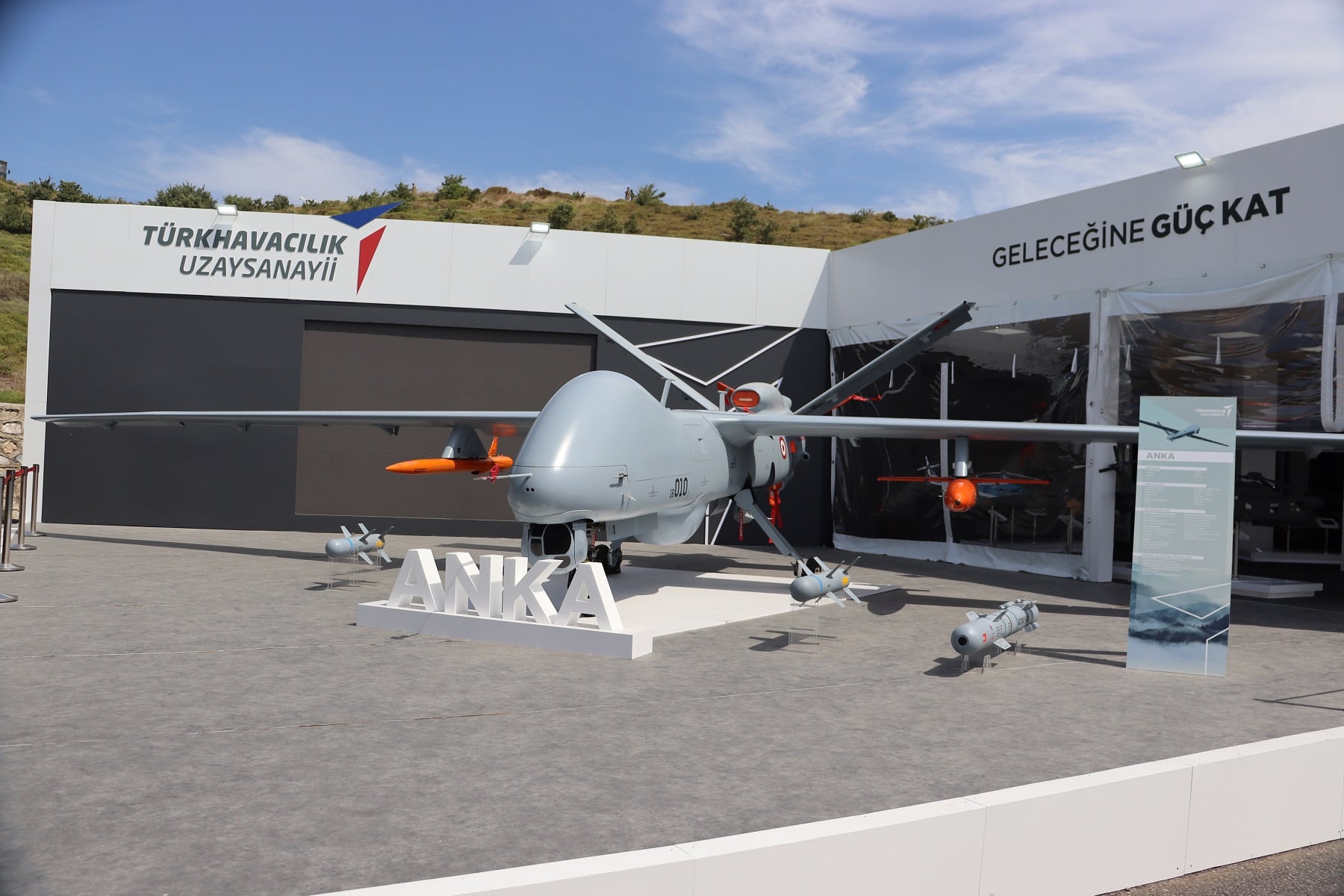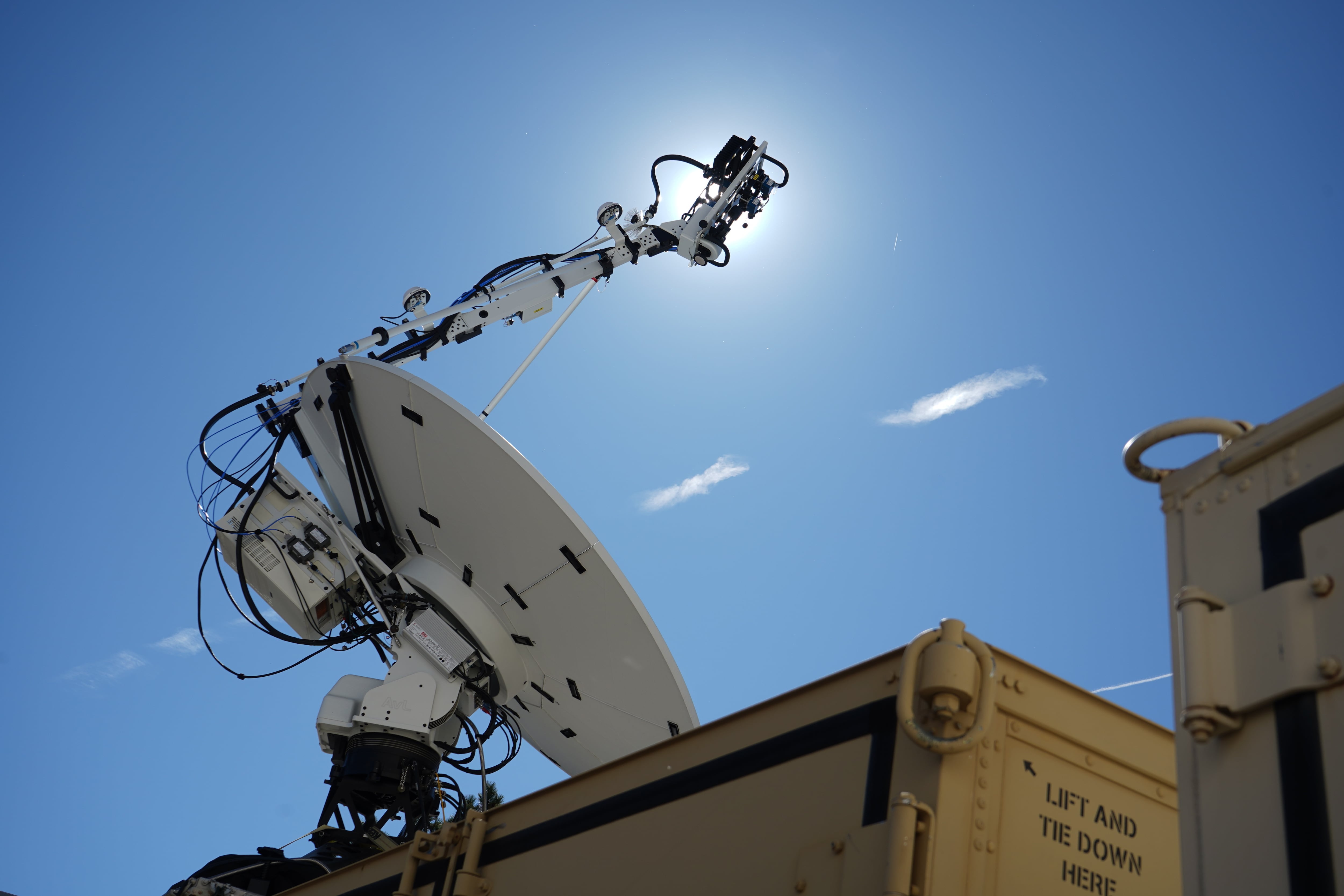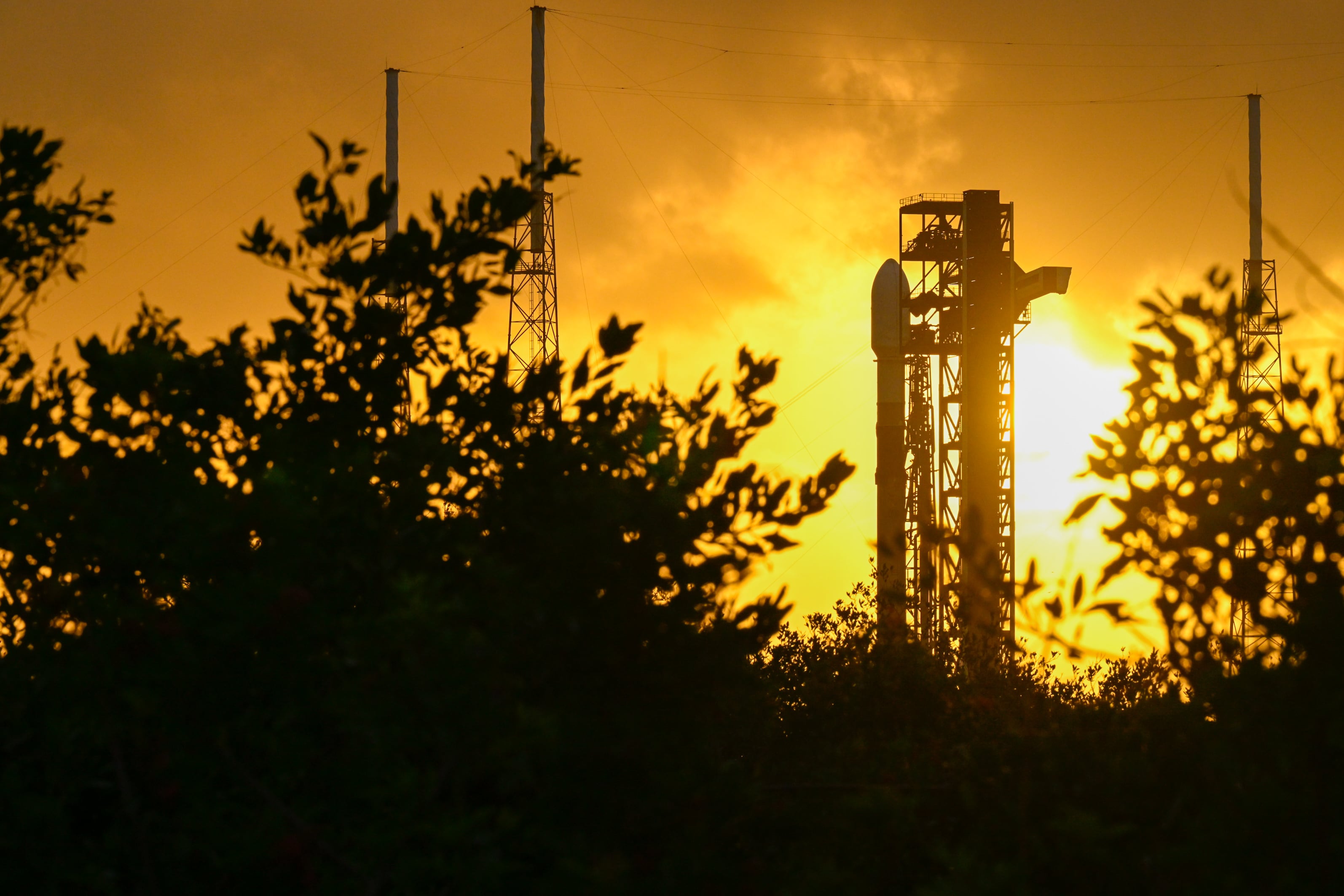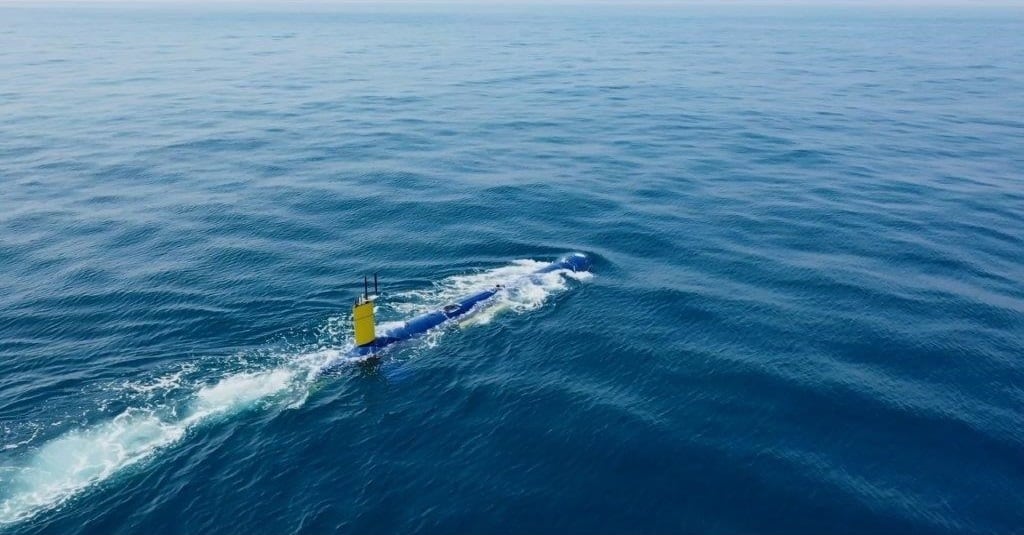ANKARA, Turkey — Kazakhstan and Turkey have signaled plans to develop “long-term strategic cooperation” that would involve the co-production of satellites and other space systems.
The agreement came as Turkish President Recep Tayyip Erdoğan visited Kazakhstan on Oct. 16 with his chief defense procurement official, Ismail Demir, who stopped by the Central Asian country’s national space center.
Demir, who leads the government’s Presidency of Defence Industries, met with Mussin Bagdat, Kazakhstan’s minister for digital development, innovation, space and aviation.
Turkish Aerospace Industries signed the memorandum of understanding with two Kazakh aerospace companies, Kazsat and Ghalam, for “long-term strategic cooperation.” The memorandum calls for the co-production of satellites and subsystems, including space-observation capabilities.
“This is the first step in strong cooperation with Kazakhstan in the field of space. The MoU we signed with Kazsat and Ghalam companies on the establishment of long-term strategic cooperation in the fields of satellite and space will be beneficial to our country and nation,” TAI said.
The company also recently signed a deal with Kazakhstan Engineering for the co-production of its Anka drone in the Central Asian republic.

The Anka has evolved into a modular platform with synthetic aperture radar, precise weaponry and satellite communication.
The basic version, the Anka-A, is a medium-altitude, long-endurance UAV meant for reconnaissance missions. Introduced in 2010, the Anka won its first contract in 2013 from the Turkish Air Force. The Anka-B variant made its first flight in 2014 and completed factory tests in 2015.
In 2017, TAI introduced the Anka-S, the satellite-controlled version. The Anka-I was developed specifically for Turkey’s National Intelligence Organization for signals intelligence operations.
The Anka family of systems has accumulated more than 90,000 flight hours as of March 2021.
Burak Ege Bekdil was the Turkey correspondent for Defense News.








